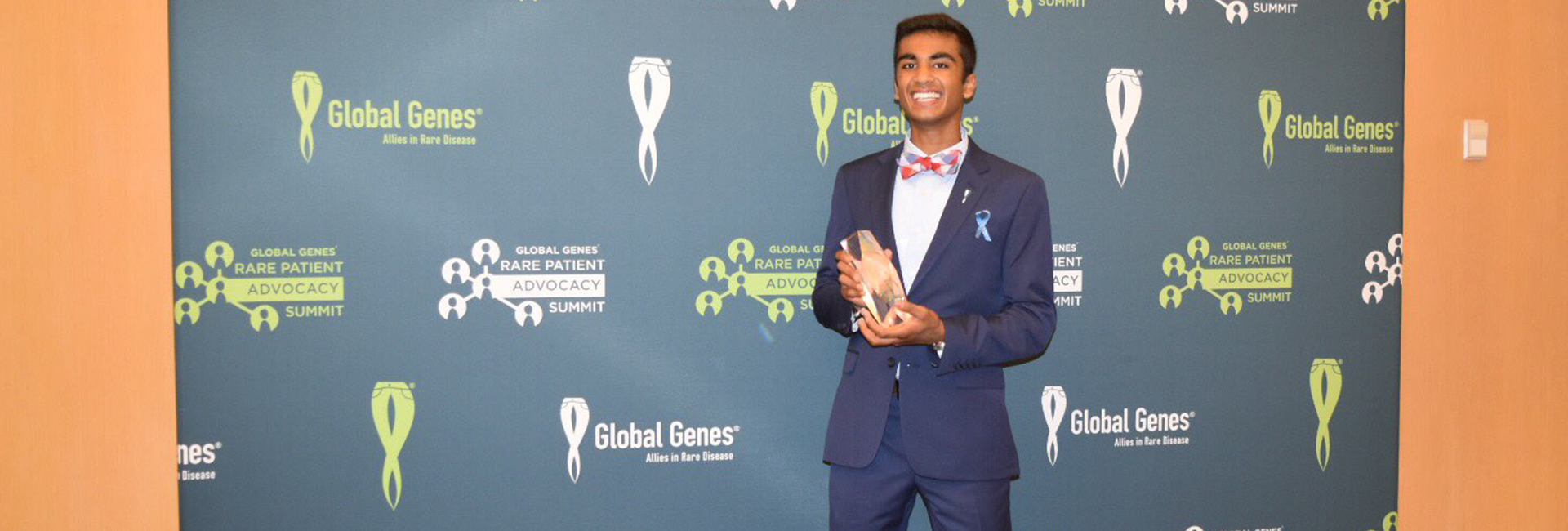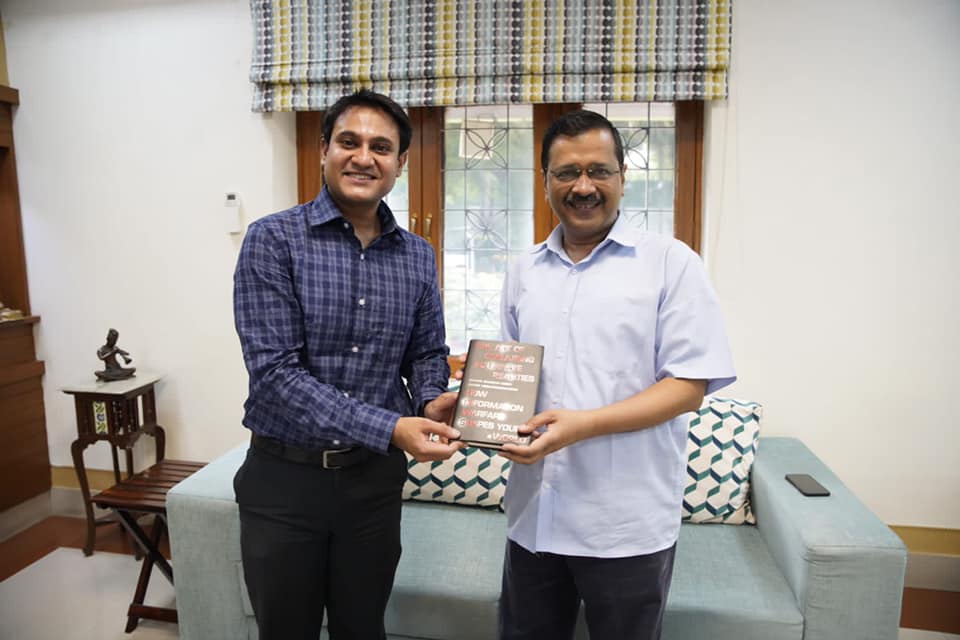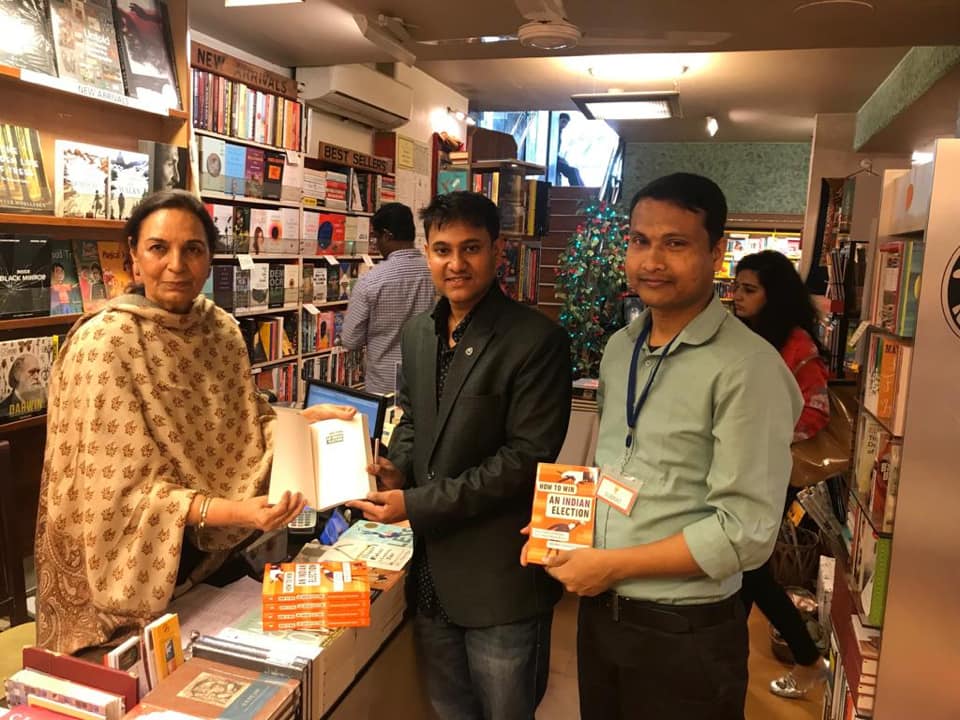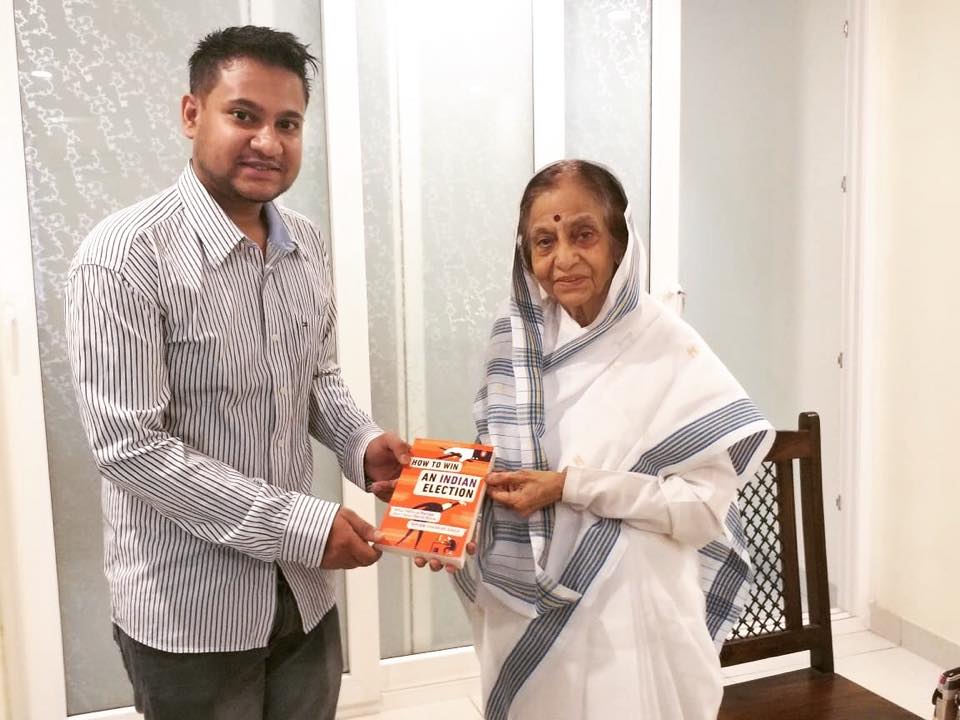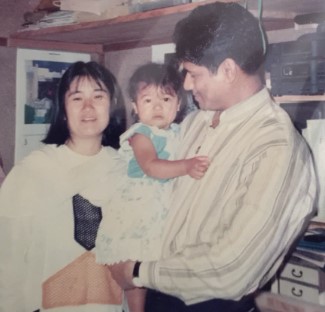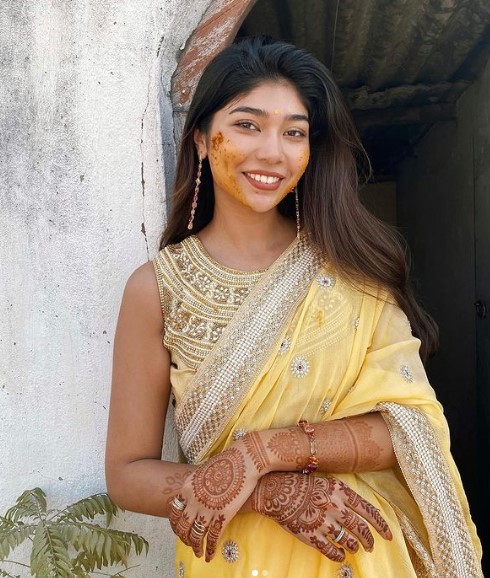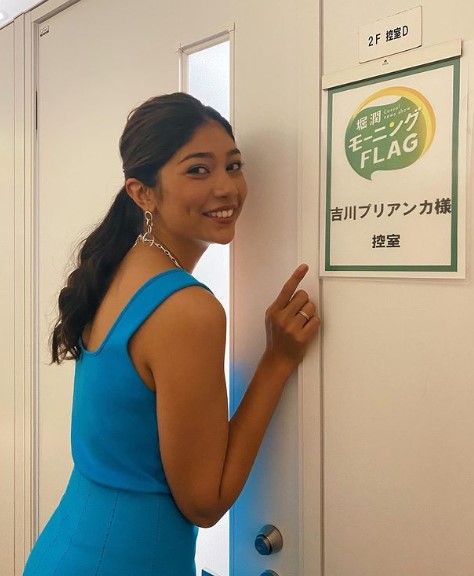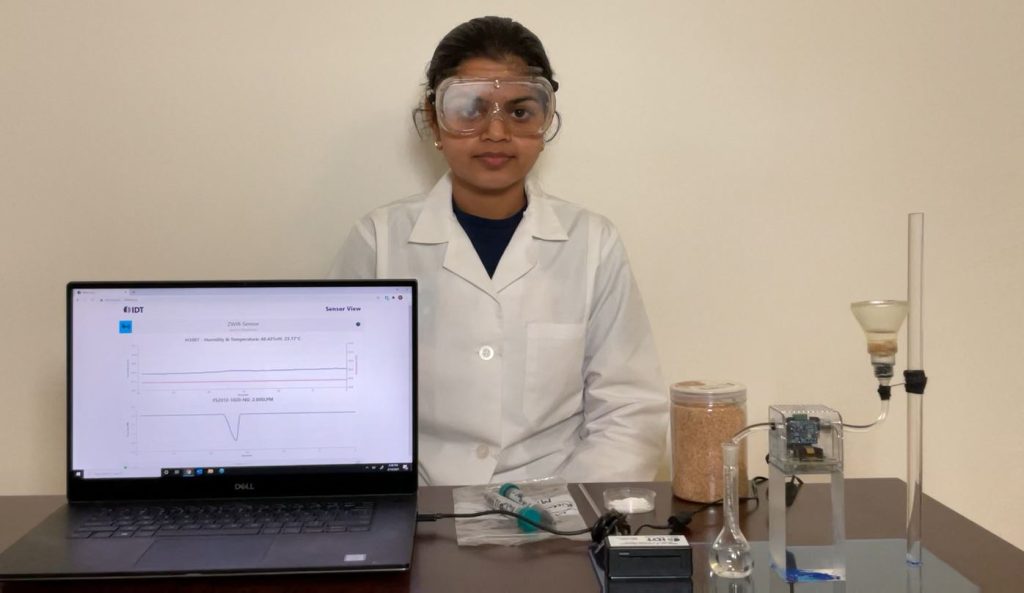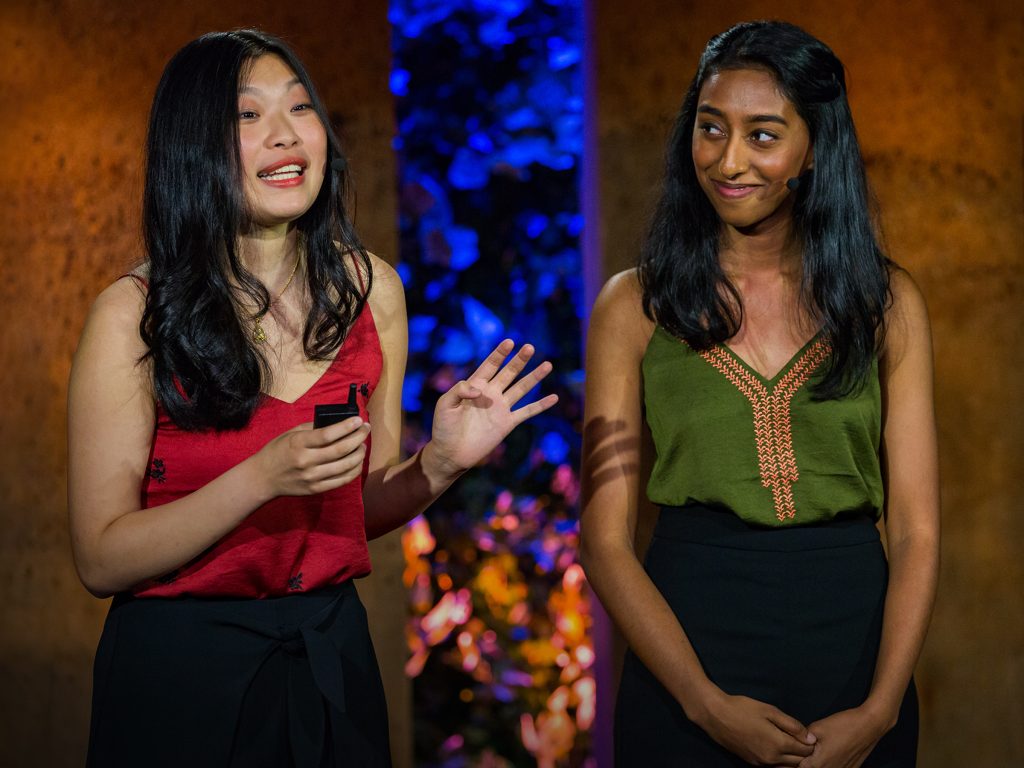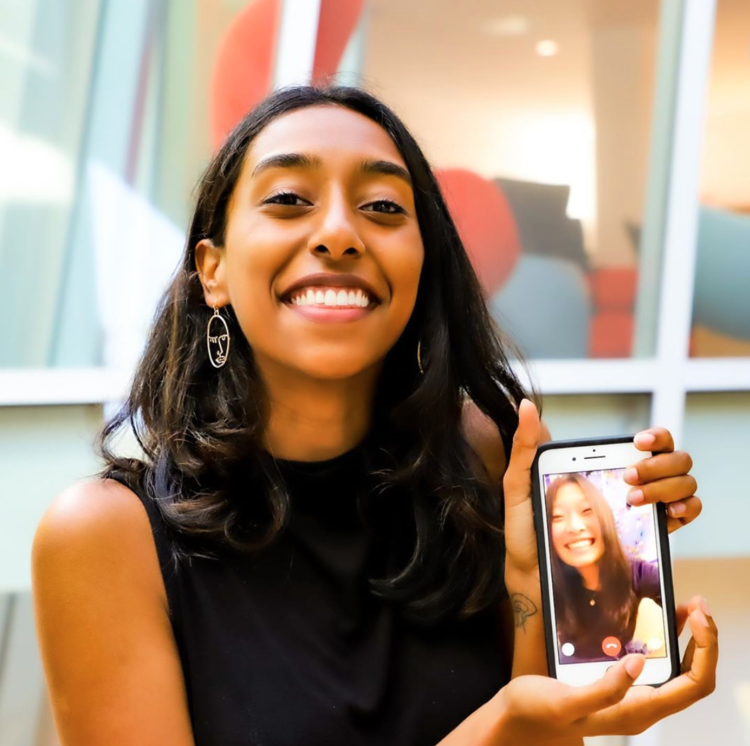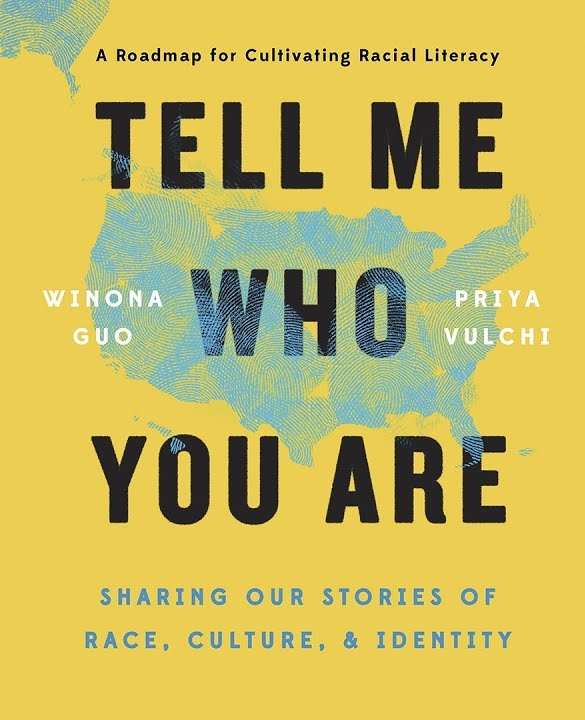(December 7, 2022) Yash Gandhi was eleven months old, the much-adored firstborn son of Ash and Sonal Gandhi, when he was diagnosed with a rare, terminal disease. He wouldn’t make it past the age of five, doctors said, and there was nothing anyone could do. Shattered, his parents scoured the internet for information and answers, finding none. Their search for solace led to the creation of the Yash Gandhi Foundation in 2001, which has, over the years, given out sizeable grants for I-Cell research and has reached hundreds of thousands of people across over a dozen countries. In 2016, their younger son, Kavi Gandhi, took over the foundation and has been running it since, determined to keep his brother’s memory alive.
To fight another day
What they did find, however, was stories – hundreds of them, all similar to their own. The internet was full of devastated parents who, instead of allowing grief to debilitate them, were determined to fight for their kids instead. In some cases, these struggles even resulted in a miracle cure. That was how the idea for the Yash Gandhi Foundation first came about. “With the clock against us, we knew that any work we did was unlikely to benefit Yash, but to us, it didn’t matter,” Ash and Sonal Gandhi write, on the Yash Gandhi Foundation website. “What was most important was that we could make a difference and prevent another family from going through what we were at the time.”
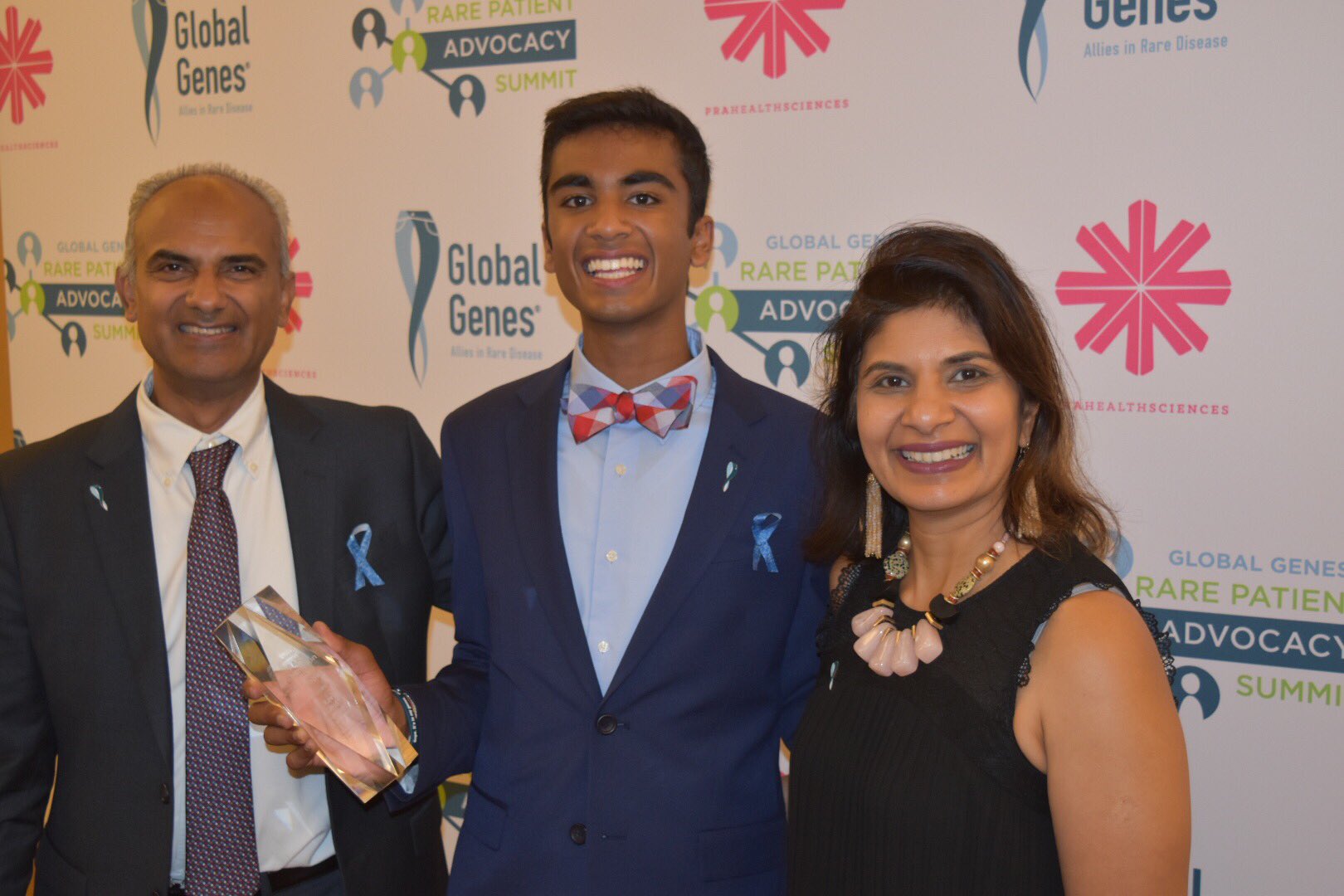
The founders of the Yash Gandhi Foundation, Kavi Gandhi with his family. Photo: Twitter
Handing over the reins
Today, the Foundation is run by their second son, Kavi Gandhi, now a student at Davidson College. In three years, they raised $460,000 to aid I-Cell research, to prevent the disease that claimed his brother’s life from taking another. I-cell disease is caused by a genetic mutation and is a rare, inherited metabolic disorder “characterised by coarse facial features, skeletal abnormalities and mental retardation,” according to the National Organization for Rare Disorders. Children with I-cell disease show delayed development of gross and fine motor skills, hearing loss, lack of muscle tone and growth delays.
The Gandhis ran their foundation, the only one in the world for I-Cell, for 15 years. In 2013, they even climbed Mount Kilimanjaro to raise money for their cause. Three years later, however, they believed the time had come to close the foundation. Their 13-year-old son, Kavi, was not happy to hear the news. After giving it a few days of thought, he announced to his parents that he was going to revive the foundation and run it himself, in memory of his brother.
Growing up with Yash
Only two years younger than Yash Gandhi, the family’s trauma impacted Kavi too. He recalls a slew of hospital trips, and watching his brother hooked up to oxygen tanks and walkers. “We were really close like a lot of siblings are at that age,” Kavi said. “A lot of my memories are from playing with him and spending time together. Those six years, I’ve definitely cherished and still retained a lot of those memories.”
When Yash passed away in 2009, the family created the Yash Gandhi Foundation. “Losing my sibling was probably one of the most formative experiences for me… the foundation is a way to transform the grief I felt with my brother into really honouring his memory and preserving that,” Kavi remarked.
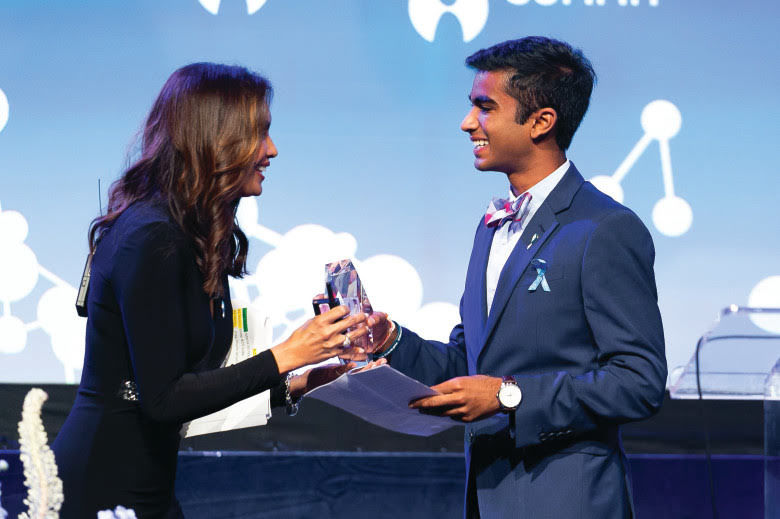

Kavi Gandhi was named the 2018 Global Genes RARE Champion of Hope for Teen Advocacy
At the frontier of I-Cell disease research
Since he took over the foundation in 2006, Kavi has worked to connect with other families who have been impacted by I-Cell and has raised nearly half a million dollars towards ML II research. In 2020, Kavi interned at the Greenwood Genetic Center to study the disease in human and zebrafish cells. The young Global Indian is a 2021 John M Belk Scholar at Davidson College, where he is doing his undergraduate degree in Public Health, with a Minor in Hispanic studies. He’s also a member of the university’s jazz ensemble.
In 2018, Global Genes named Gandhi the 2018 Global Genes RARE Champion of Hope for Teen Advocacy. Every year since 2012, the Yash Gandhi Foundation has issued research grants – in 2020, a smiling Kavi, standing with his parents, announced a $130,000 grant, their largest to date, to Dr Richard Street at the Greenwood Genetic Centre and Dr Stuart Kornfield of Washington University.

